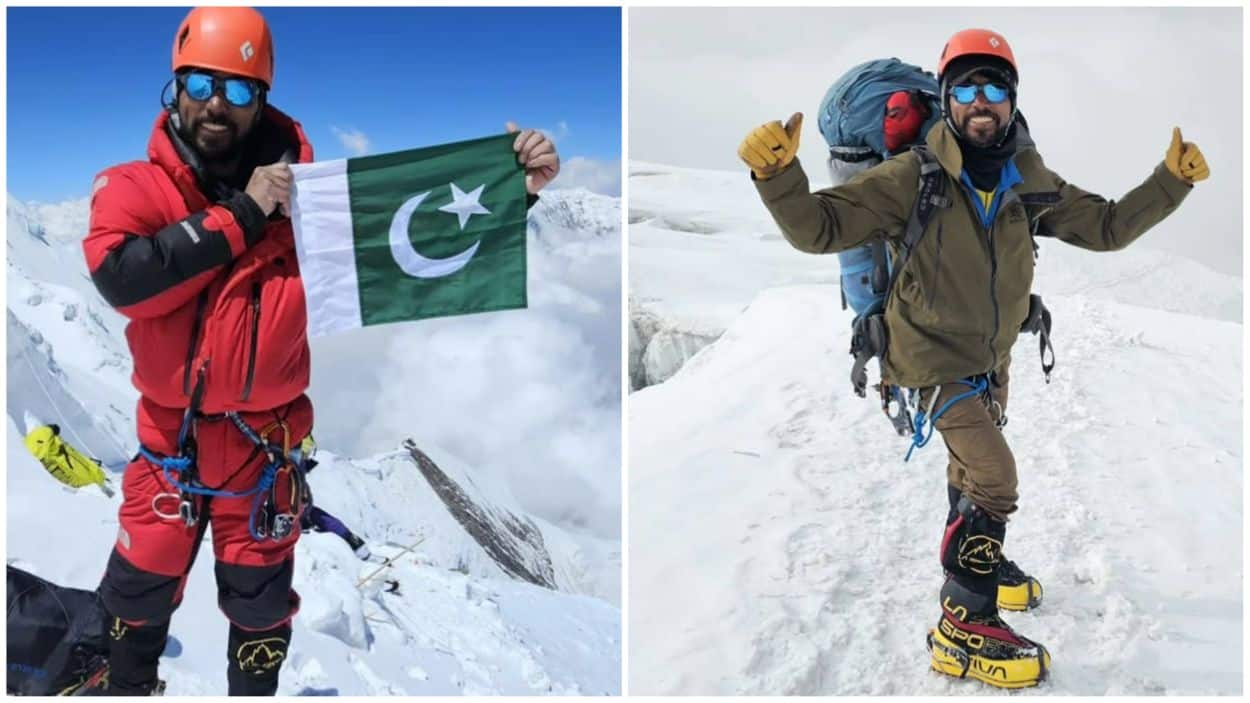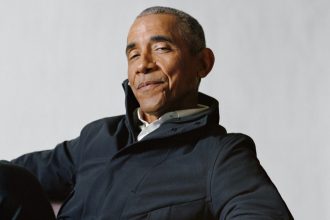On May 18, 2025, Sirbaz Khan, from Pakistan’s Hunza Valley, became the first Pakistani to summit all 14 of the world’s 8,000-meter peaks without supplemental oxygen, reaching the top of Kangchenjunga (8,586m).
Sirbaz Khan climbed all 14 peaks by 2024 and re-climbed Annapurna in April 2025. He also ascended Kangchenjunga in pure alpine style, completing this achievement and joining fewer than 25 climbers worldwide who have done so.
Khan’s journey began in 2017 with Nanga Parbat (8,126m), followed by K2 (2018), Lhotse (2019)—a Pakistani first—and Broad Peak without oxygen (2019). He later summited Manaslu, Annapurna, Everest, Gasherbrum I and II, Dhaulagiri, Makalu, Cho Oyu, and Shishapangma, often as Pakistan’s pioneer. His climbs in the “death zone,” where oxygen is scarce, highlight extraordinary endurance, per Alpinist.
Khan is one of approximately 70 climbers worldwide who have successfully summited all 14 of the world’s highest peaks.
According to the Himalayan Database, his ascents without supplemental oxygen place him in an elite group. While Pakistan’s expedition celebrated this achievement, it remains unverified. Khan’s accomplishment follows Sajid Ali Sadpara’s oxygen-free climb of Dhaulagiri in 2025, marking a significant milestone for Pakistani mountaineering.
Climbing above 8,000 meters in the death zone without supplemental oxygen requires exceptional physical and mental resilience. Climbers face significant risks such as hypoxia and frostbite. Khan’s approach, which involves conventional routes and minimal gear, emphasises his commitment to alpine purism. His ascent of Kangchenjunga, one of the most challenging 8,000-meter peaks, marks the culmination of a decade-long quest.
Read: Sajid Ali Sadpara Summits Dhaulagiri Without Oxygen, Honors Father’s Legacy
Khan’s remarkable achievement enhances Pakistan’s mountaineering legacy, inspiring climbers and showcasing Hunza’s resilience. As international recognition increases, his success underscores the potential for Pakistani adventurers on the global stage, prompting calls for government support.






